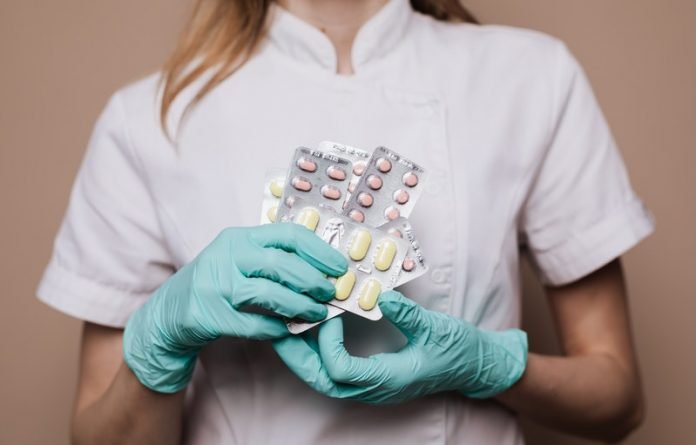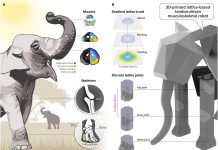
Scientists from the University of Washington and Harvard have developed artificial intelligence software that can create proteins that may be useful as vaccines, cancer treatments, or even tools for pulling carbon pollution out of the air.
The research is published in the journal Science and was conducted by David Baker et al.
For decades, scientists have used computers to try to engineer proteins. Some proteins, such as antibodies and synthetic binding proteins, have been adapted into medicines to combat COVID-19.
Inspired by how machine learning algorithms can generate stories or even images from prompts, the researchers set out to build similar software for designing new proteins.
The team trained multiple neural networks using information from the Protein Data Bank, which is a public repository of hundreds of thousands of protein structures from across all kingdoms of life.
The neural networks that resulted have surprised even the scientists who created them.
The team developed two approaches for designing proteins with new functions. The first, dubbed “hallucination,” is akin to DALL-E or other generative AI tools that produce new output based on simple prompts.
The second, dubbed “inpainting,” is analogous to the autocomplete feature found in modern search bars and email clients.
Laboratory testing revealed that many proteins generated through hallucination and inpainting functioned as intended. This included novel proteins that can bind metals as well as those that bind the anti-cancer receptor PD-1.
The new neural networks can generate several different kinds of proteins in as little as one second. Some include potential vaccines for the deadly respiratory syncytial virus, or RSV.
Using the new neural networks, the team prompted a computer to create new proteins that included the necessary pathogen fragment as part of their final structure.
The software was free to create any supporting structures around the key fragment, yielding several potential vaccines with diverse molecular shapes.
When tested in the lab, the team found that the new proteins may be viable vaccine candidates that could prompt the body to generate its own highly specific antibodies. Additional testing, including in animals, is still needed.
If you care about medicine, please read studies about how herb medicines reduce high blood pressure, and this daily habit is powerful medicine for depression.
For more information about medicine, please see recent studies about 5 medicines to treat high blood pressure, and results showing this depression drug can improve cognitive function quickly, reduce suicide risk.
Copyright © 2022 Knowridge Science Report. All rights reserved.



